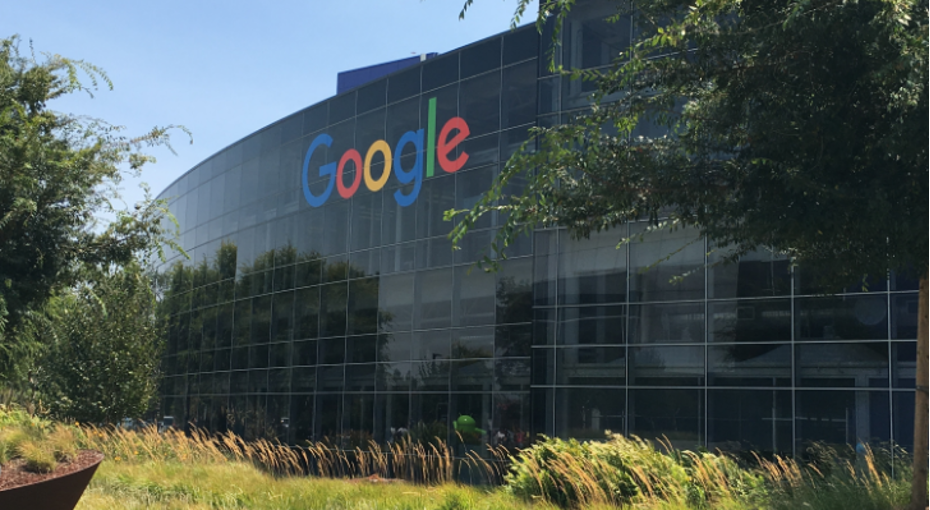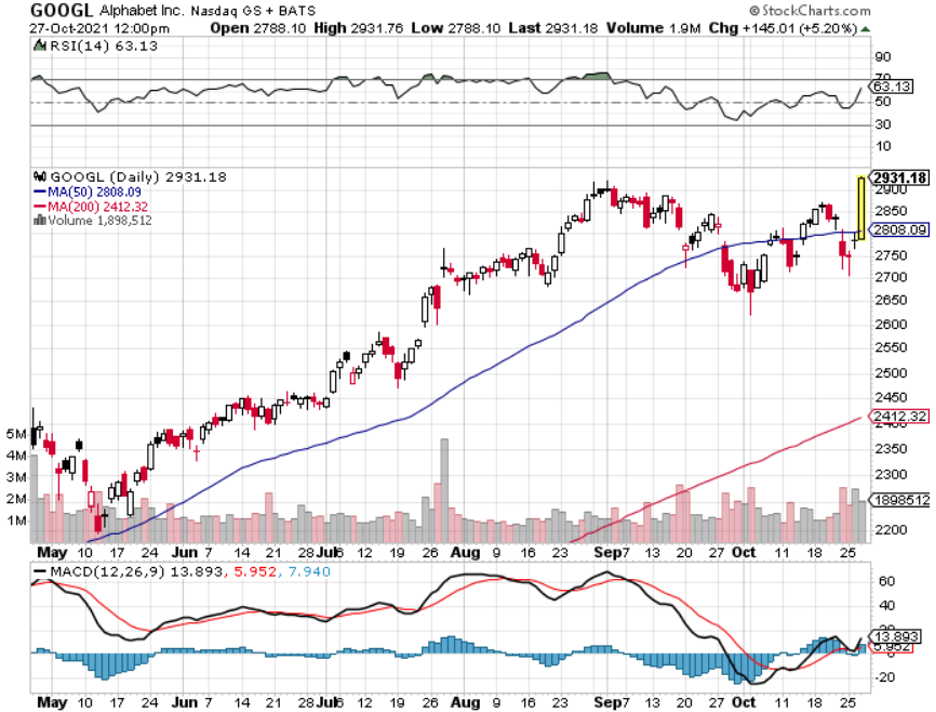Why I Successfully Predicted Stellar Alphabet Earnings
Alphabet is a company whose tentacles effectively reach into every pocket of human life and commerce, and businesses of all kinds are increasingly adopting tools like AI-driven automation and insights to connect with customers no matter what stage of the recovery they're in.
Take 150-year-old Dutch luxury retailer, de Bijenkorf, that turned to Google Clouds’ local insights and automation to speed up cross-border expansion beyond the Netherlands and Belgium to Germany, France, and Austria.
With a multipronged approach, including shopping campaigns, de Bijenkorf drove substantial growth throughout the pandemic.
This is just one example of thousands that crystallize the impact Alphabet and its array of services can provide companies.
Returning visitors to online stores were up fourfold in the first half of 2021 versus 2020, and retail had another stellar quarter.
This is just one little snippet into how Alphabet does $65.1 billion of revenue per quarter, which is up 41% year over year.
I cannot sit here and describe every use case, but broadly speaking, Alphabet has been the beneficiary of explosive growth in digital over the last 20-some months.
As the world begins to reopen, shoppers are returning to stores.
Brick-and-mortar isn't dead. Instead, omnichannel is in full force.
Searches for open now near me are up 4 times globally versus last year.
Strong growth in local shopping queries means people are researching their visits to stores more often before they go. As a result, Google has seen more advertisers include in-store sales alongside e-commerce goals to drive omnichannel growth.
Adoption has nearly doubled over the past year.
Of course, these insights are all possible with a robust search system that almost all of us use — Google Search.
The company also experienced continued momentum in the Google Cloud with Q3 revenue growing 45% year-over-year to $5 billion last quarter.
At Cloud Next two weeks ago, Google unveiled hundreds of new capabilities, services, and solutions.
They also announced 20 new and expanded partnerships to support the growth and scale of Google customers around the world.
Google Cloud provides real-time data, analytics and AI is winning customers like Carrefour Belgium, Deutsche Post DHL, and Wendy's, who are unlocking data to deliver unique business outcomes.
More examples are GE Appliances, a Haier company that is integrating Vision AI into their next-generation smart home appliances. And iCare Retail is using recommendations AI to drive a 30% increase in customer click-through rate.
Customers see value in Google’s open scalable infrastructure that enables them to run workloads anywhere, on Google cloud, at the edge, or in their data centers.
Alphabet recently surpassed 50 million music and YouTube premium subscribers, including those on trial period, and YouTube Shorts continues to see higher adoption rates. In the past year, the average number of daily first-time creators more than doubled.
YouTube's reach is increasingly supplanting TV.
Advertisers and brands of all sizes continue to buy YouTube ad inventory at both ends of the funnel to create future demand while they convert existing demand. They're seeing upside.
A few recent launches include easier ways for businesses to show the local services they offer from hair extensions to auto repair across Search and Maps.
Second, local inventory ads that highlight which products are in stock and when to pick them up.
Third, instantly shoppable images with Google Lens and a new visual browsable experience on Google Search.
YouTube will offer shoppable live stream experiments with retailers like Sephora, Target, and Walmart directly from their favorite creators’ videos.
Lastly, what really caught my attention in the Q&A session with management was the plan to equip YouTube in terms of making it work well with VR, AR.
Management outlined that initiative as a major area of investment in terms of how to put the software and hardware together for this platform.
Naturally, my mind spins when I try to add up what type of revenue tailwind this might be, and at the bare minimum, it’s a game-changer.
Alphabet has separated itself from the rest of the pack and is one of the best tech companies today. Investors need to jump at the chance to buy shares if any discounts present themselves.
This revenue story has legs, and anyone would be a fool to write off Alphabet who clearly has a rock-solid plan going forward.
Alphabet should be bought on any dip or just held long term because their cash cow businesses are in-tact, and their strategic plans are as good as any other firm.



